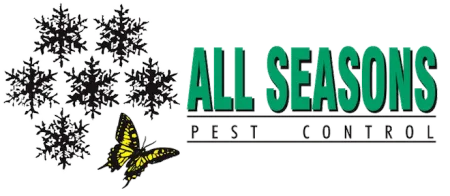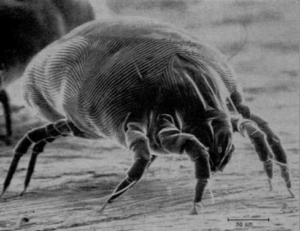Mite & Tick Facts, Identification & Prevention
Ticks are incredibly adaptive creatures that can wreak havoc in your home and health despite their small size. They spread disease, cause discomfort, and are just irritating. If you want to get your tick problem under control, it is crucial for you to be able to identify them, understand their biology, their inherent risks, and how to prevent and get rid of them.
Have you seen a tick in or around your home? Make sure to call All Seasons Pest Control right away for control and elimination.
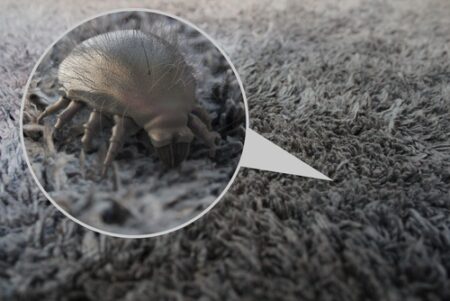 Identification
Identification
As part of the arachnid family, ticks usually have six or more legs and are no larger than a pinhead. Their coloring is mostly brown or black and they can fit through small cracks and crevices due to their small size, usually no bigger than ¼ inch long.
Types
There are two main types of ticks: soft and hard. One main difference is their outer shell. A soft tick typically has a leathery covering while hard ticks have a hard shield. Another key distinction is their reproductive habits. Hard ticks lay their eggs in the spring on the ground outside and then almost immediately die. Soft ticks continue to lay eggs repeatedly while feeding on hosts until they die.
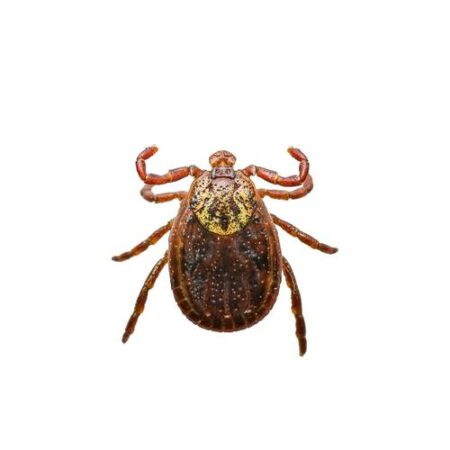
Reproduction
Unfortunately, these creepy crawly insects are extraordinarily fast breeders. In fact, female ticks can lay thousands of eggs at one time – up to 18,000 eggs in their lifetime. Once an egg has been laid, they enter the following life stages: larvae, nymph, and adult tick. Ticks survive on blood, both animal and human. They latch onto ‘hosts’ to feed and survive. Though tick life cycles are relatively short, they reproduce at alarming rates, which can make infestations seem very sudden. If you spot a tick, make sure to contact All Seasons Pest Control before it spreads into a larger and harder-to-control situation.
Risks
Ticks find their way into your home through pets who you’ve recently taken on a walk or let outside, through cracks in your home, or unclosed windows and doors. They are notorious spreaders of disease, so it is important to take care of a tick problem as soon as you find one. Some diseases they spread include Lyme Disease, Rocky Mountain Spotted Fever, Typhus, Tularemia, and Tick Paralysis. These diseases carry extreme health risks and must be taken seriously. If you suspect you have picked up a tick-related disease, call your doctor and make an appointment or go to the ER if you have severe symptoms.
Prevention
To prevent an infestation, take precautions such as using insect repellants, vacuum and clean your home frequently, use vet-recommended treatments, clear away long grass and vegetation, wear your socks tucked into your pants in infested areas, and wear light-colored clothing so you can easily spot ticks. These preventative measures may seem a bit extreme, but a tick infestation must be taken seriously to decrease risk and rid your home of these small nuisances.
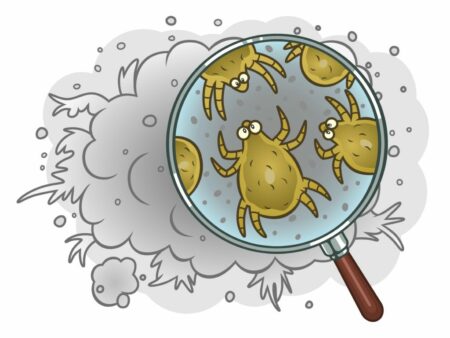
Tick Pest Control
If you think you may have ticks in your home, call All Seasons Pest Control to help you with your problem. We specialize in pest removal and have been helping home and property owners with their issues for almost 30 years. We care about our customers, and it shows in the way we treat them – read our positive reviews from loyal patrons! When it comes to thorough quality pest control, no one does it quite like All Seasons Pest Control. Contacts us today to set up a consultation and we will send one of our experienced technicians to assess your home, make a treatment plan, and then take care of your pest problem for good.
